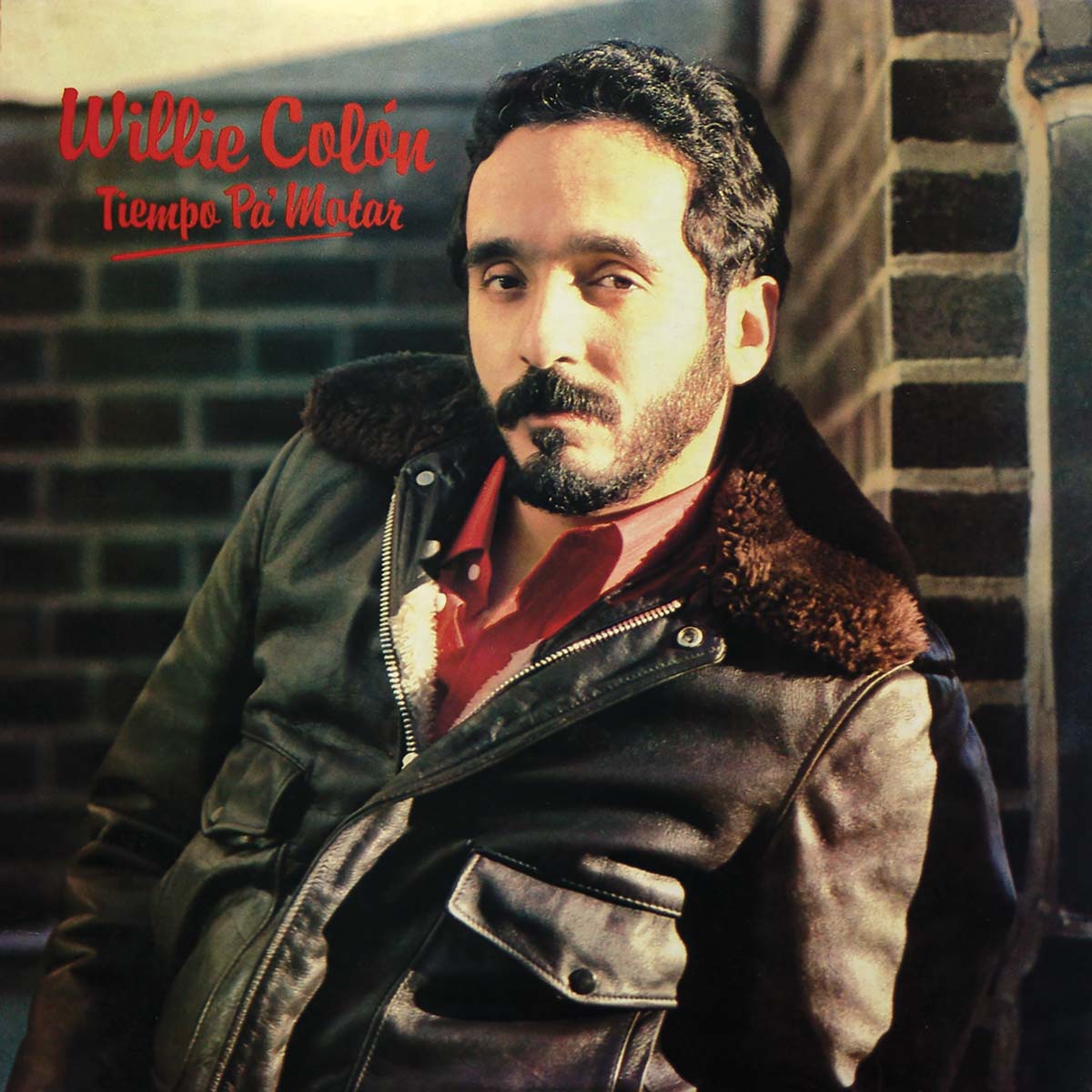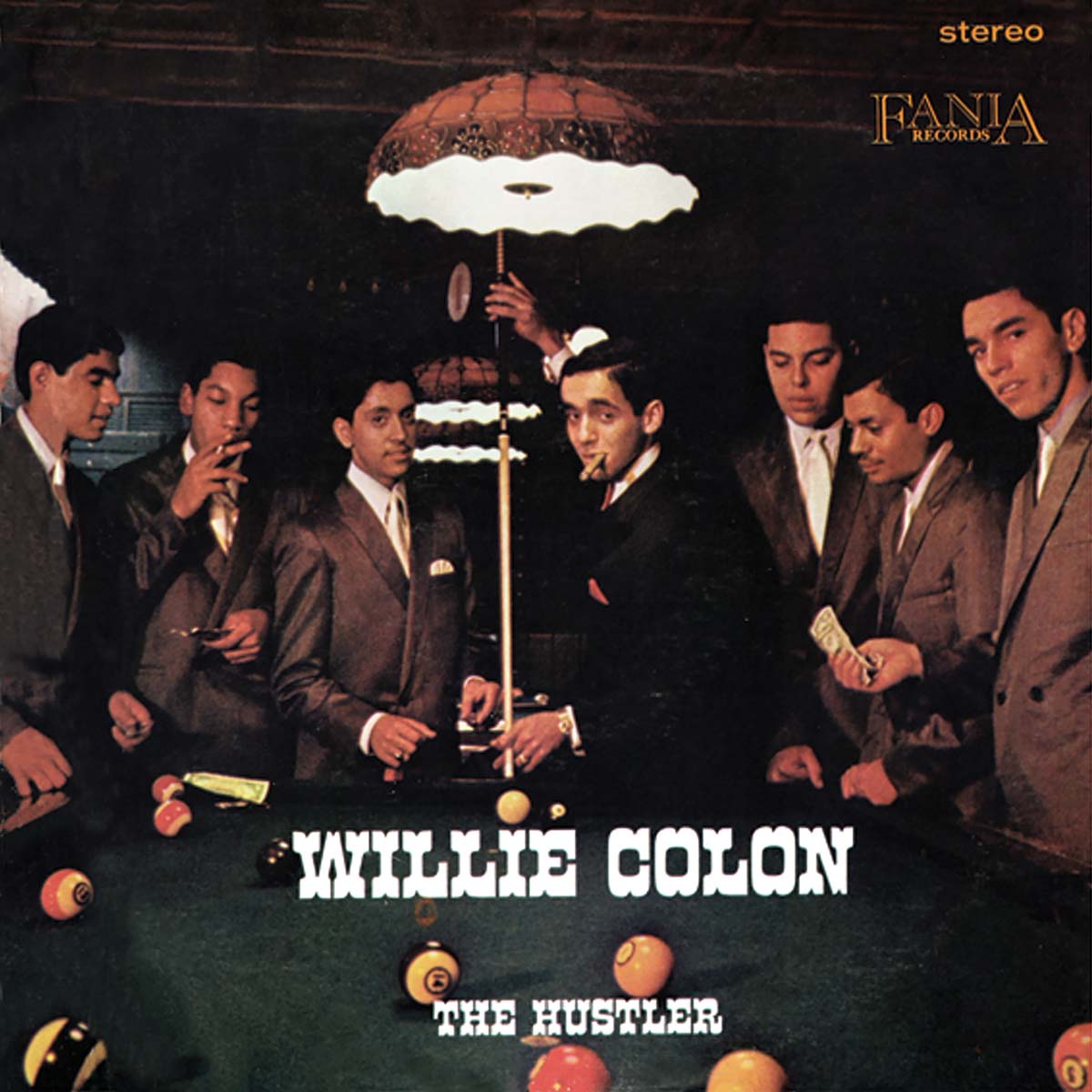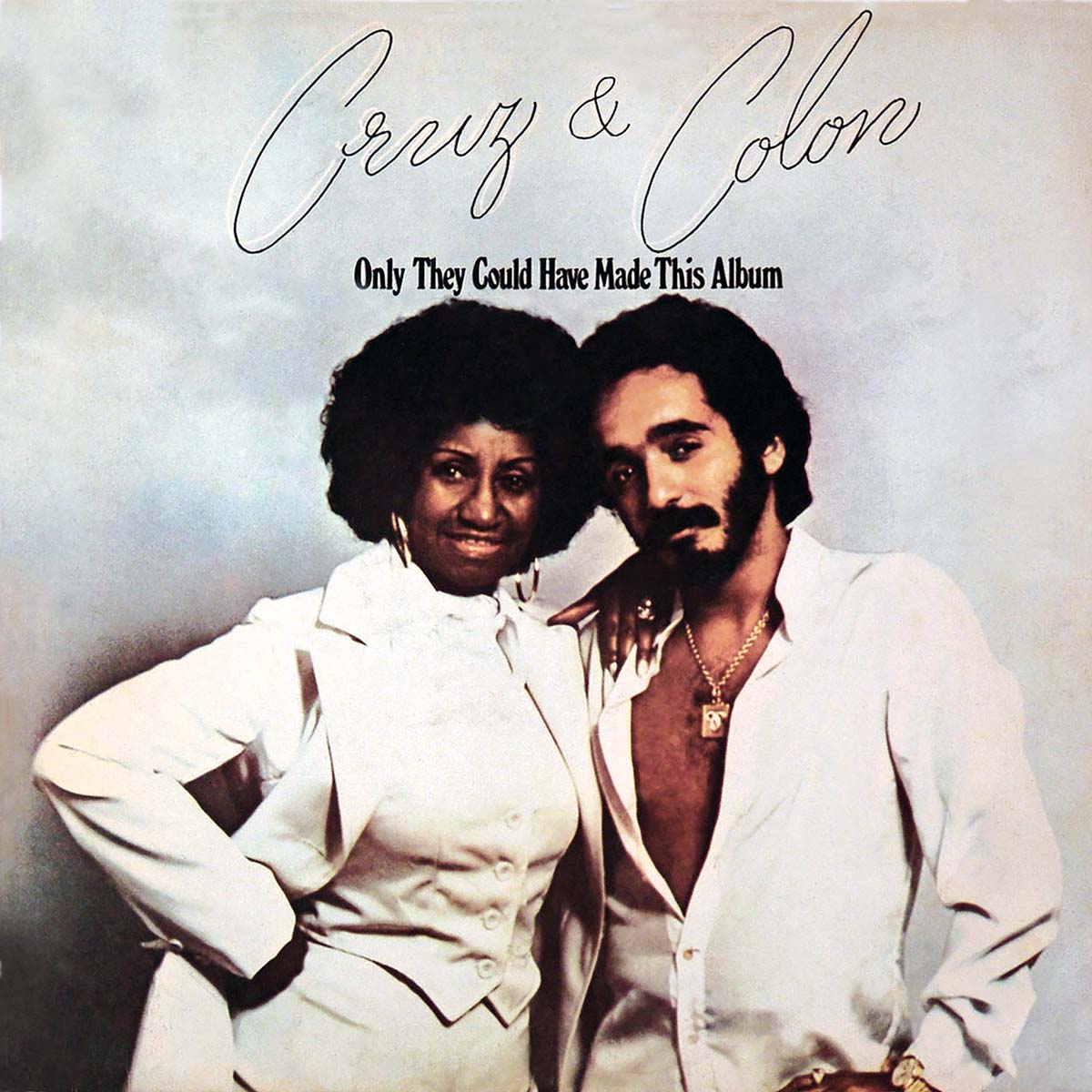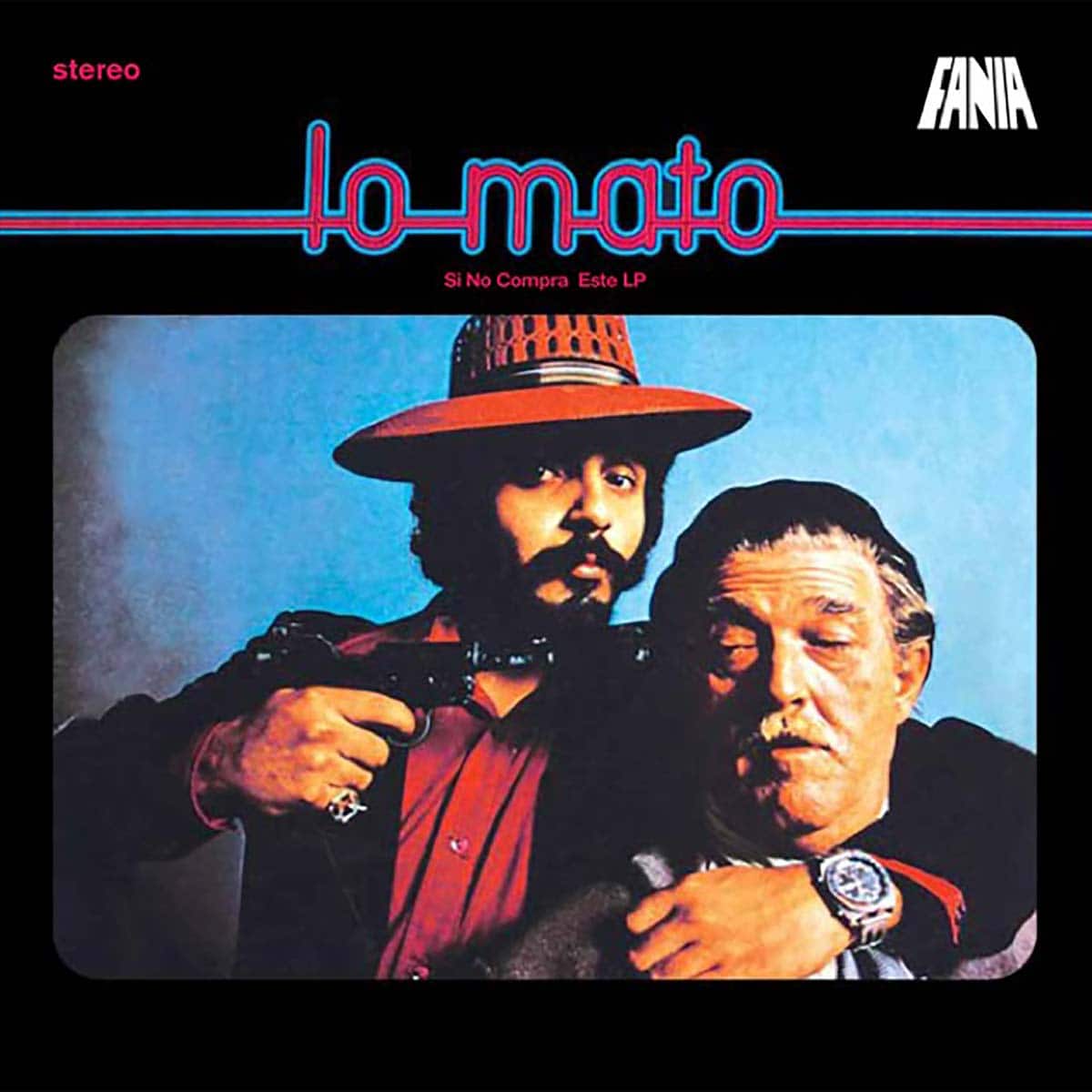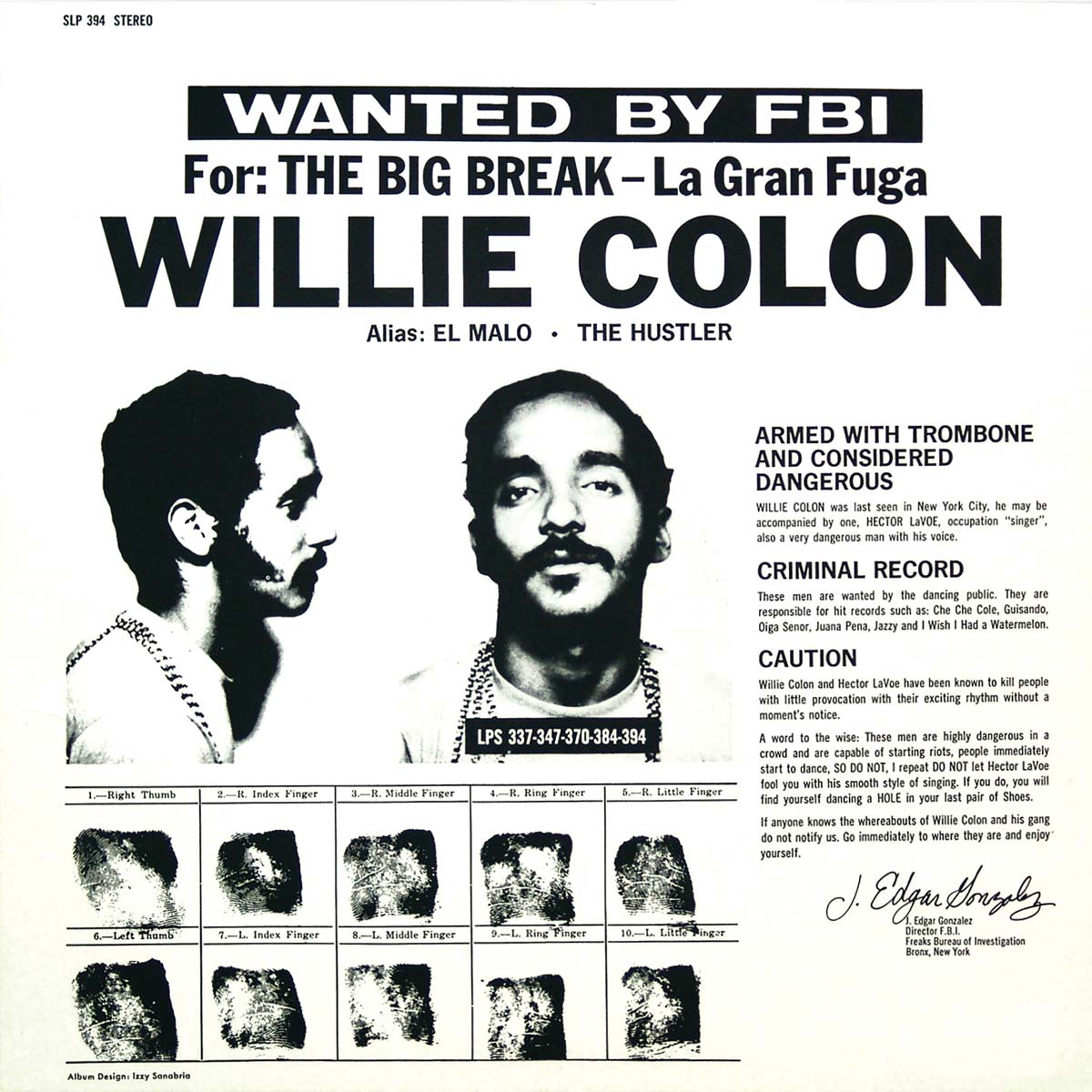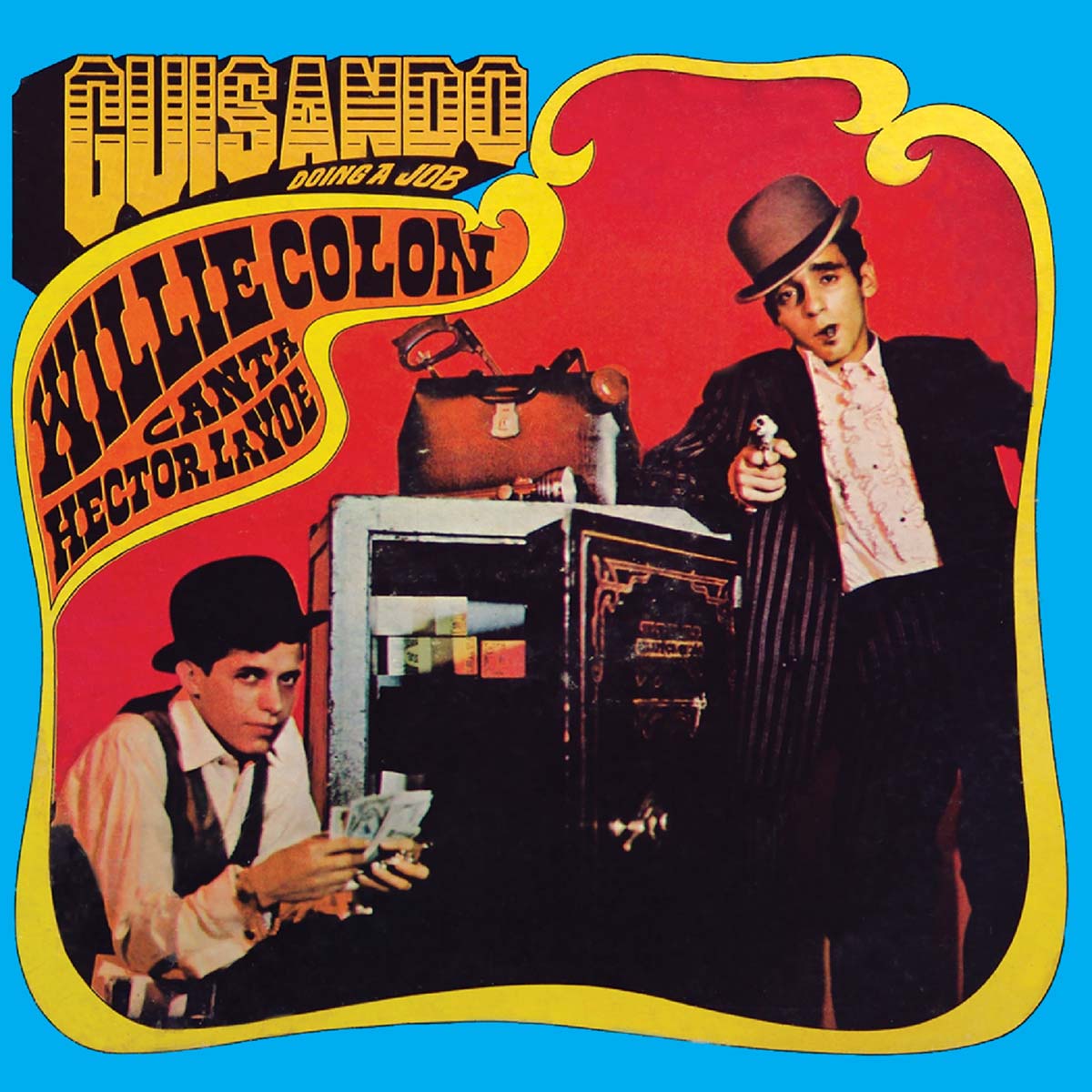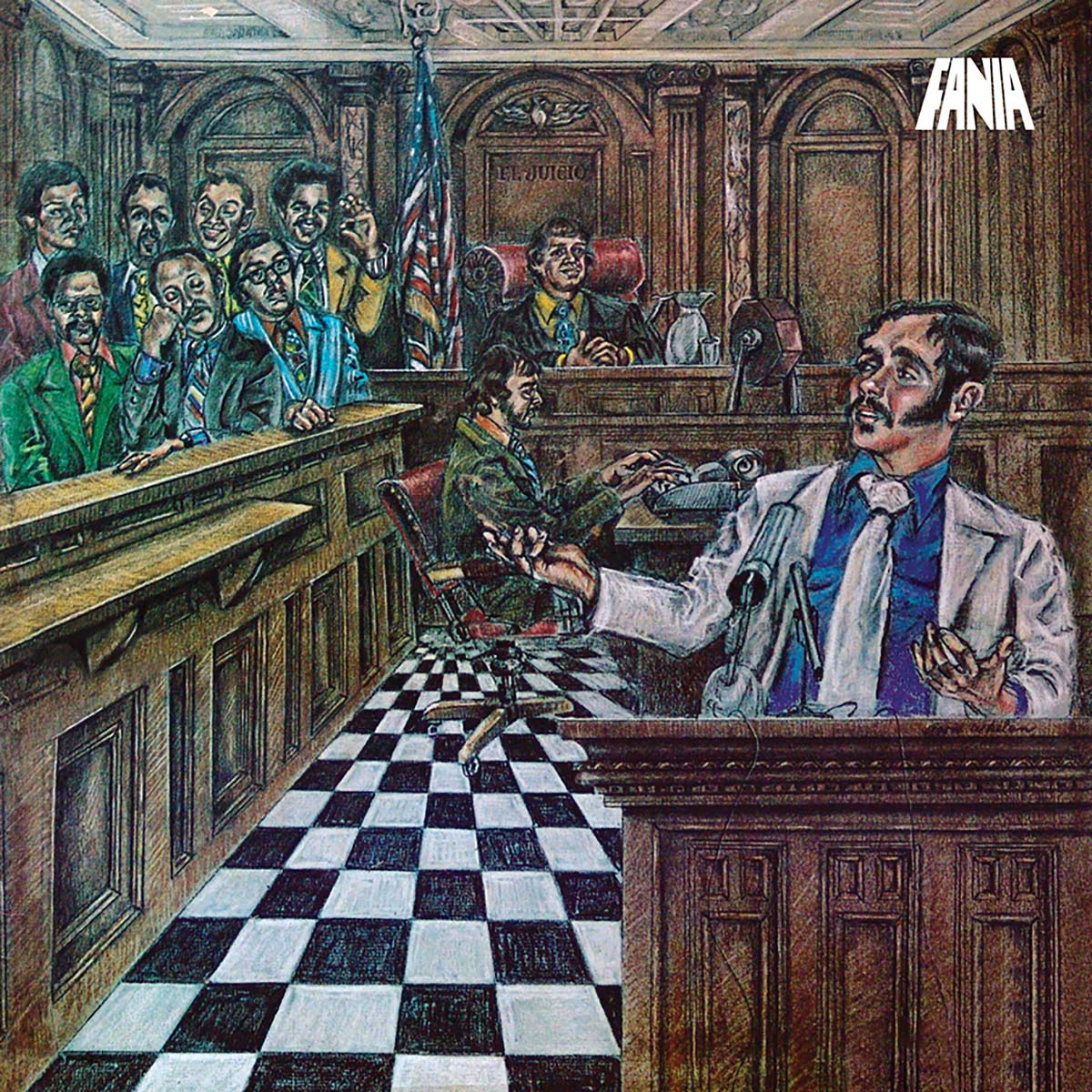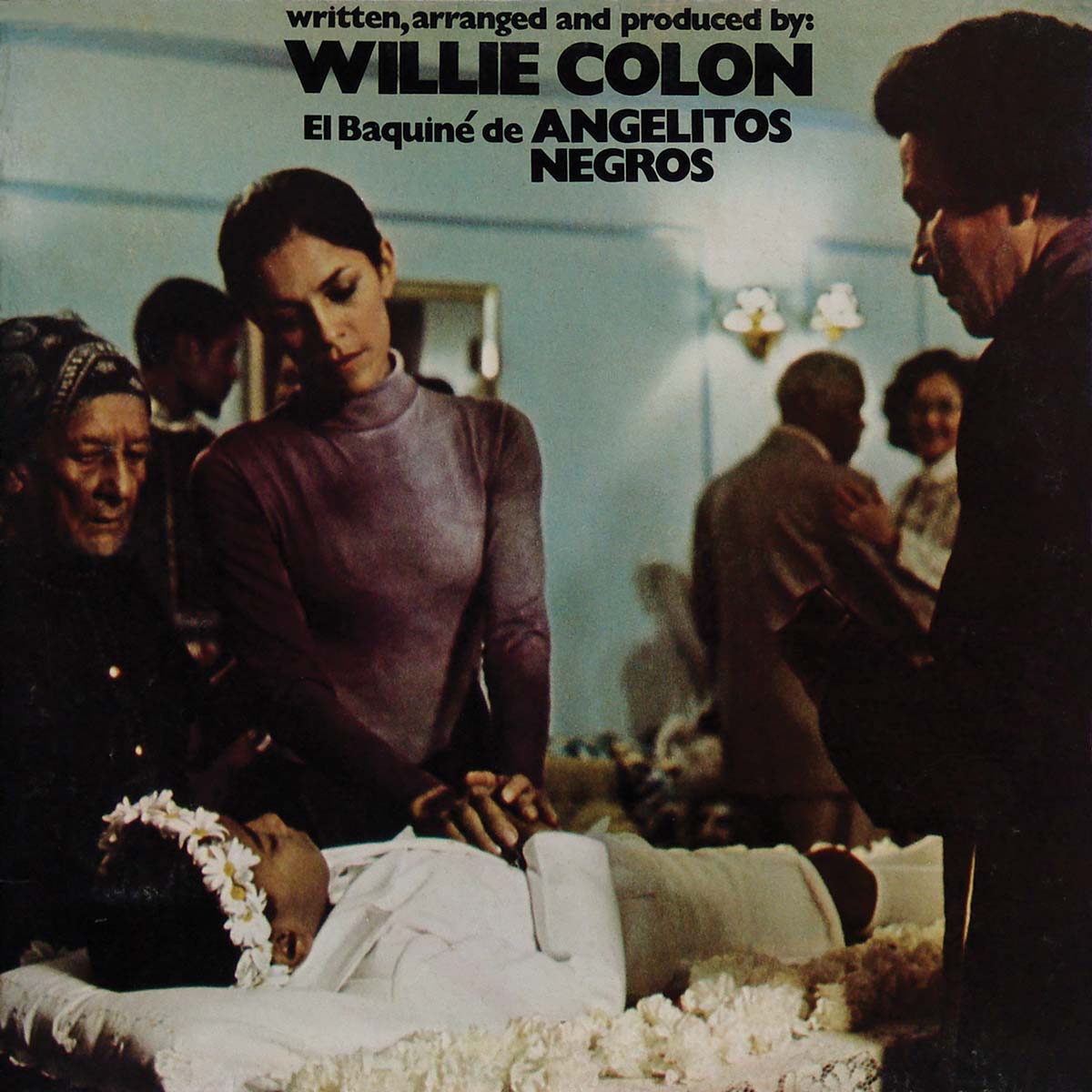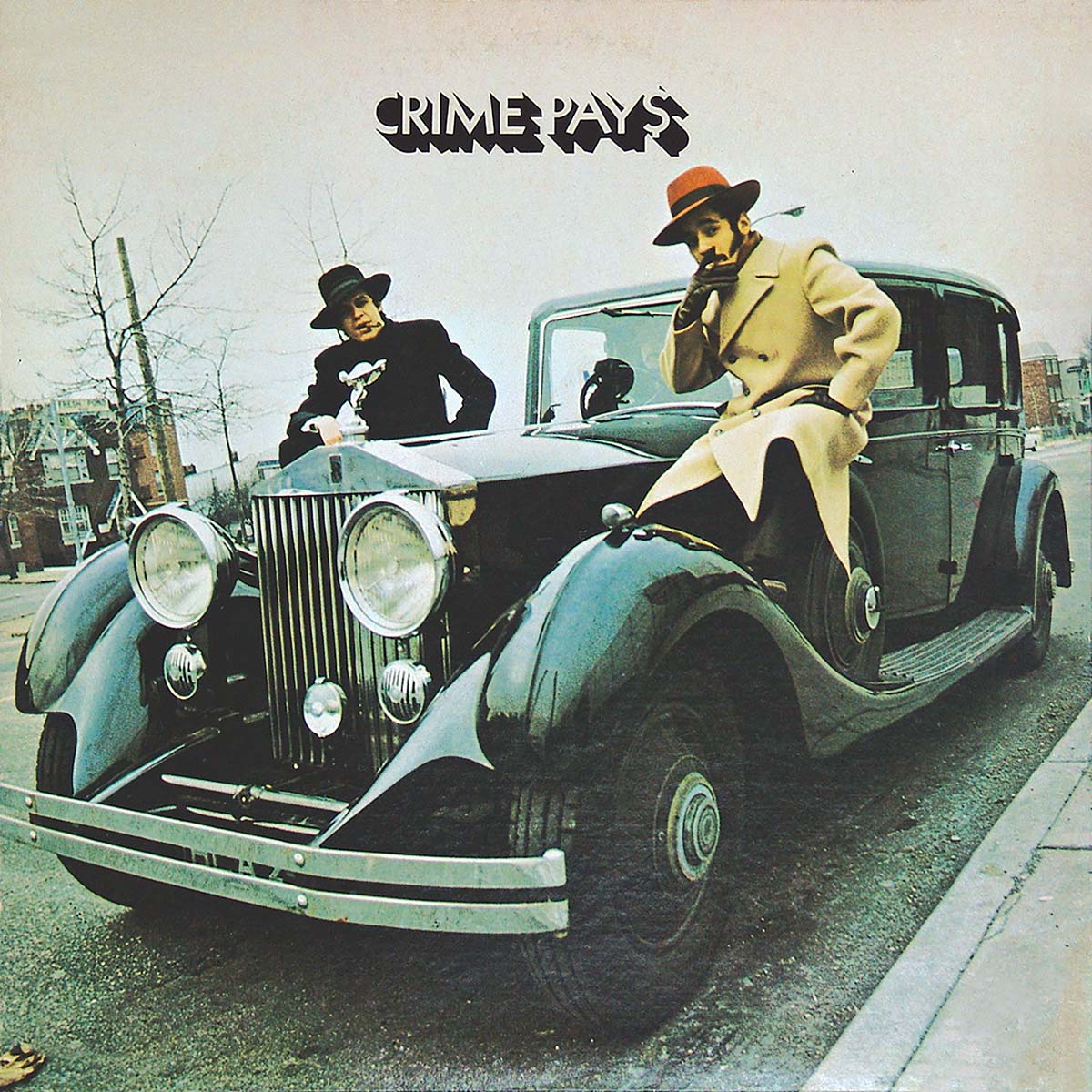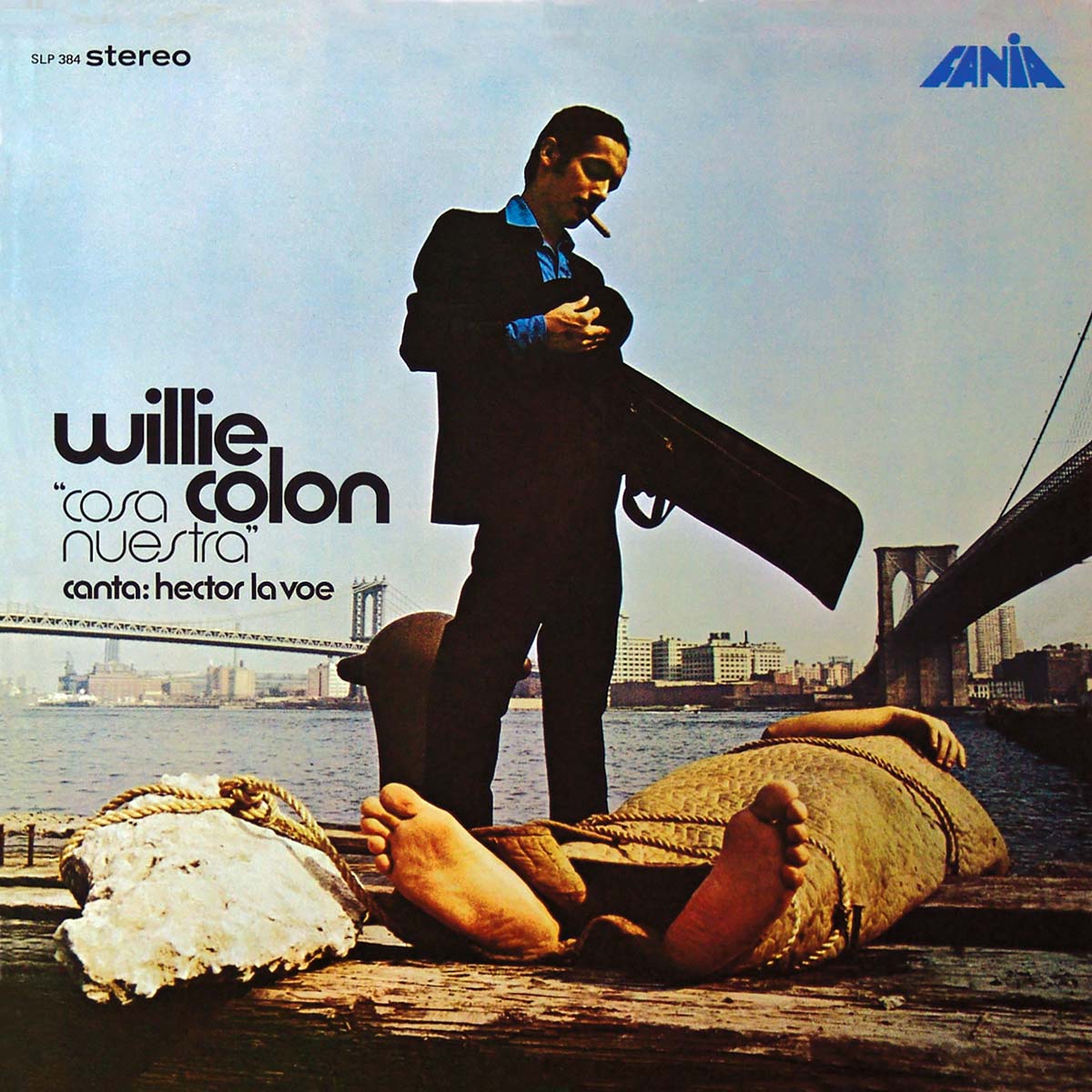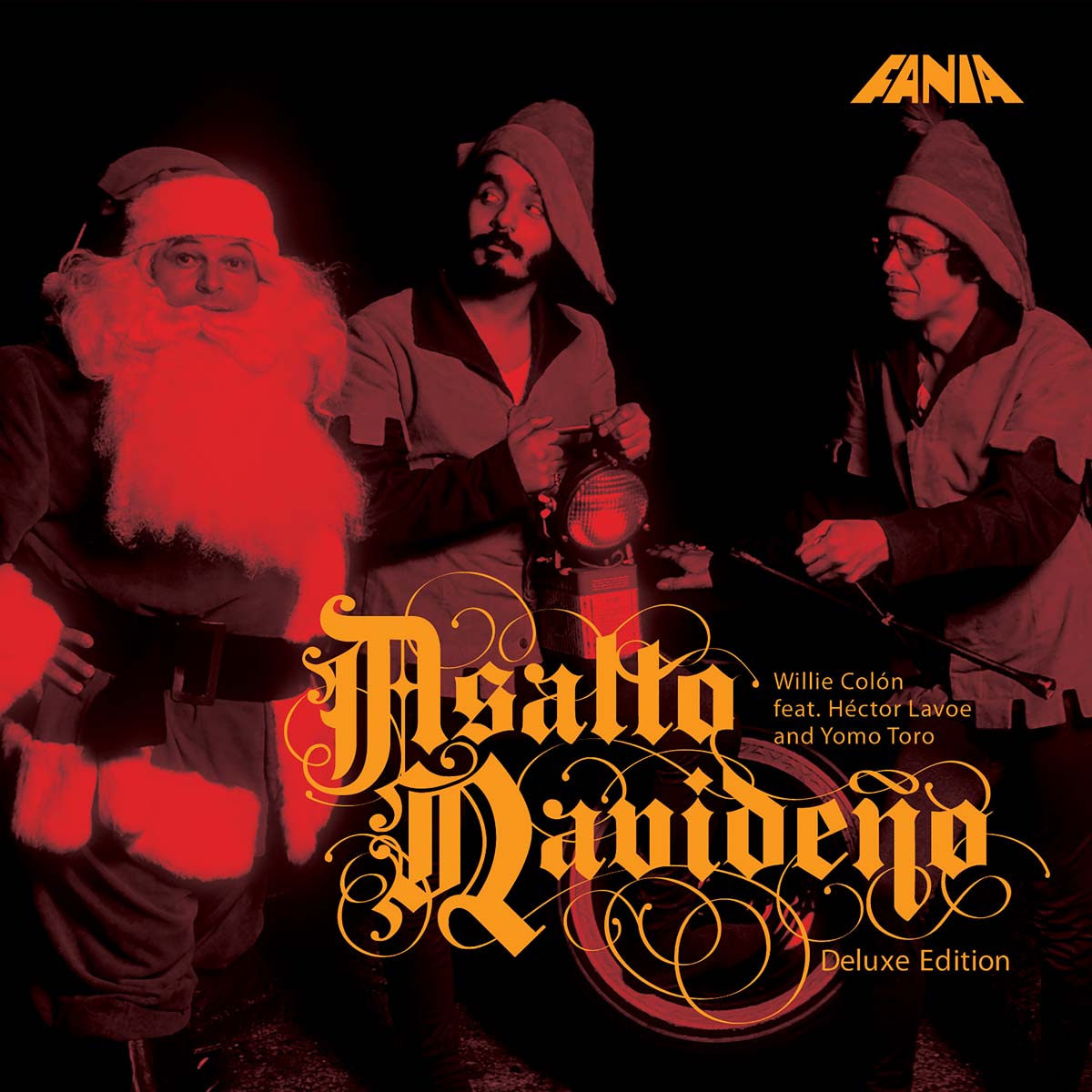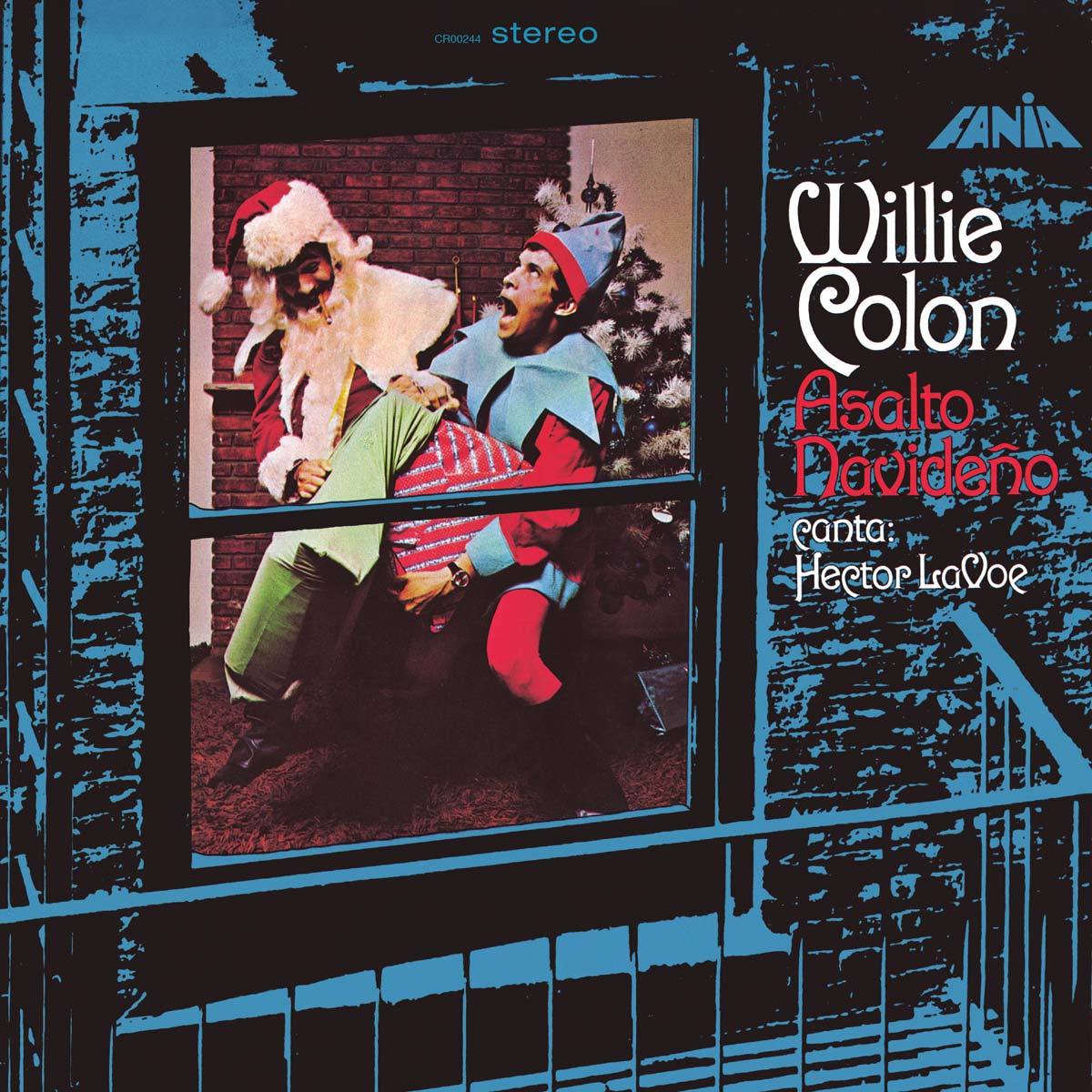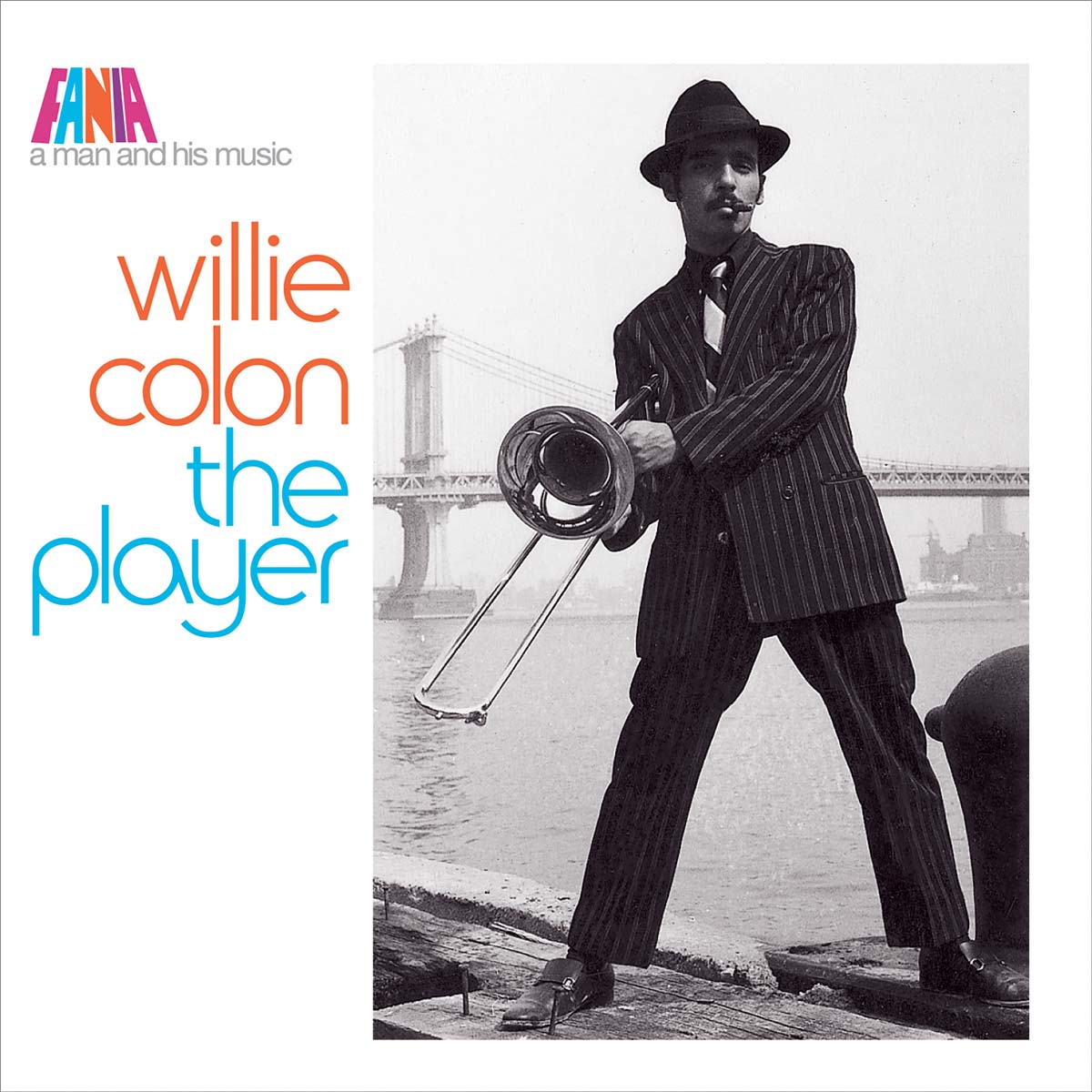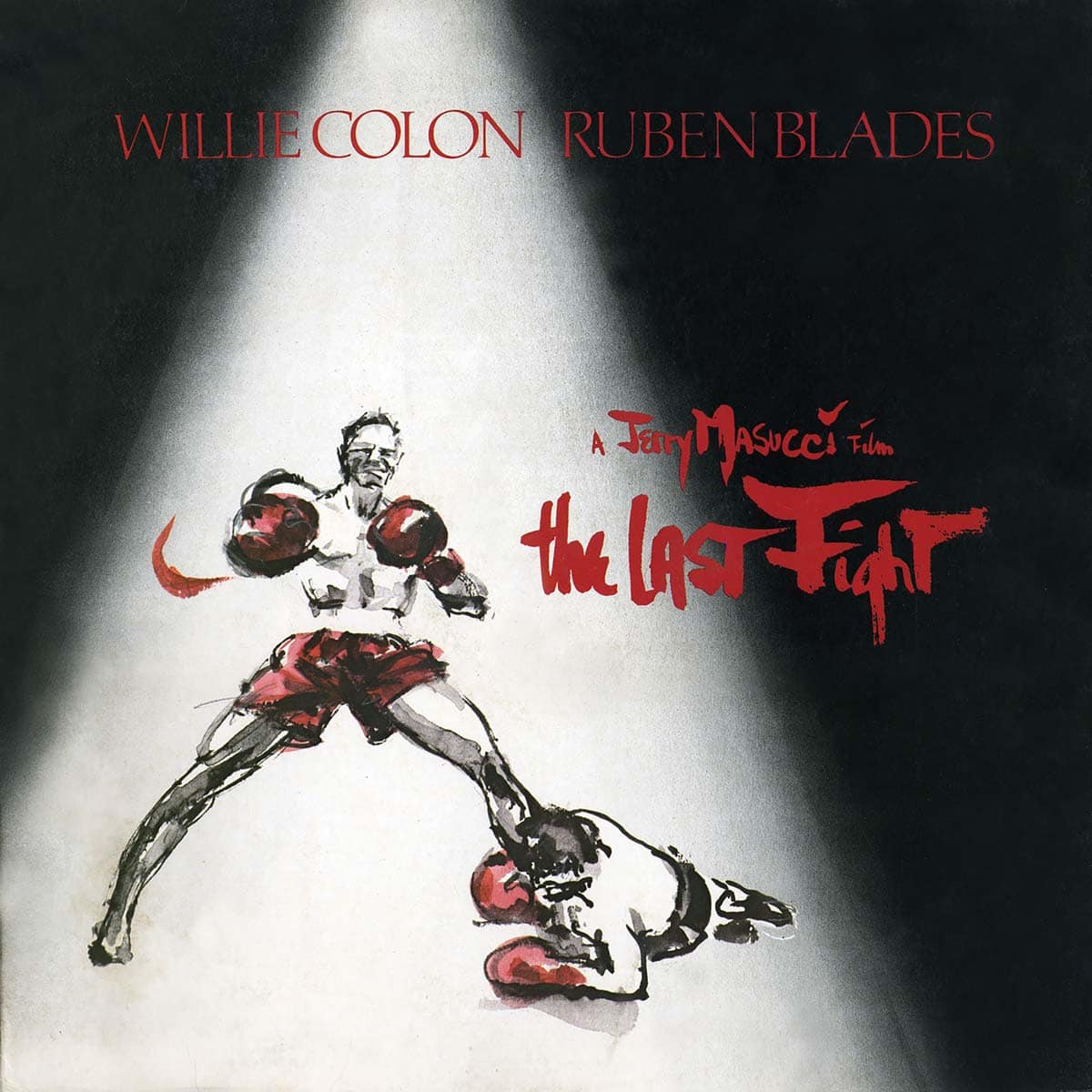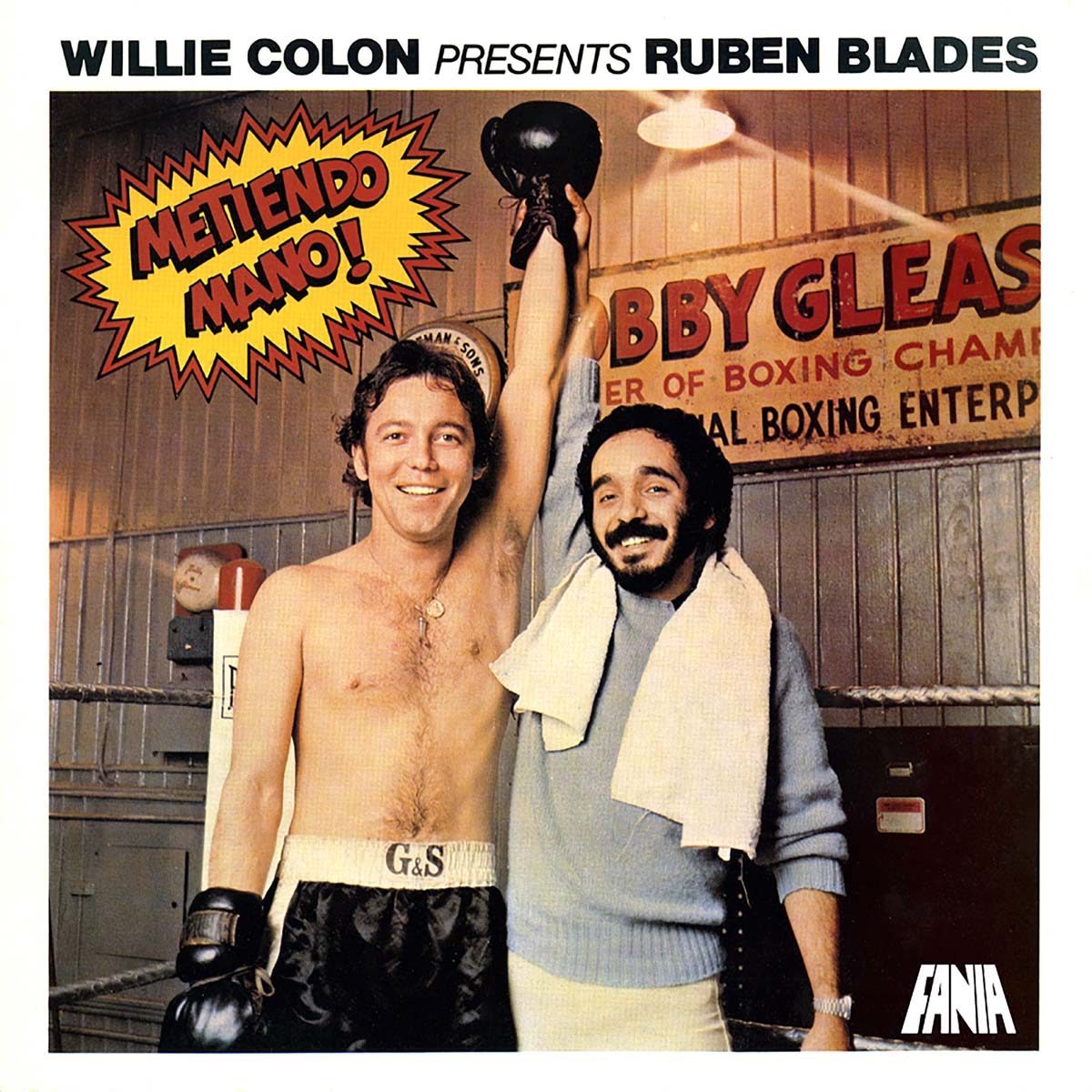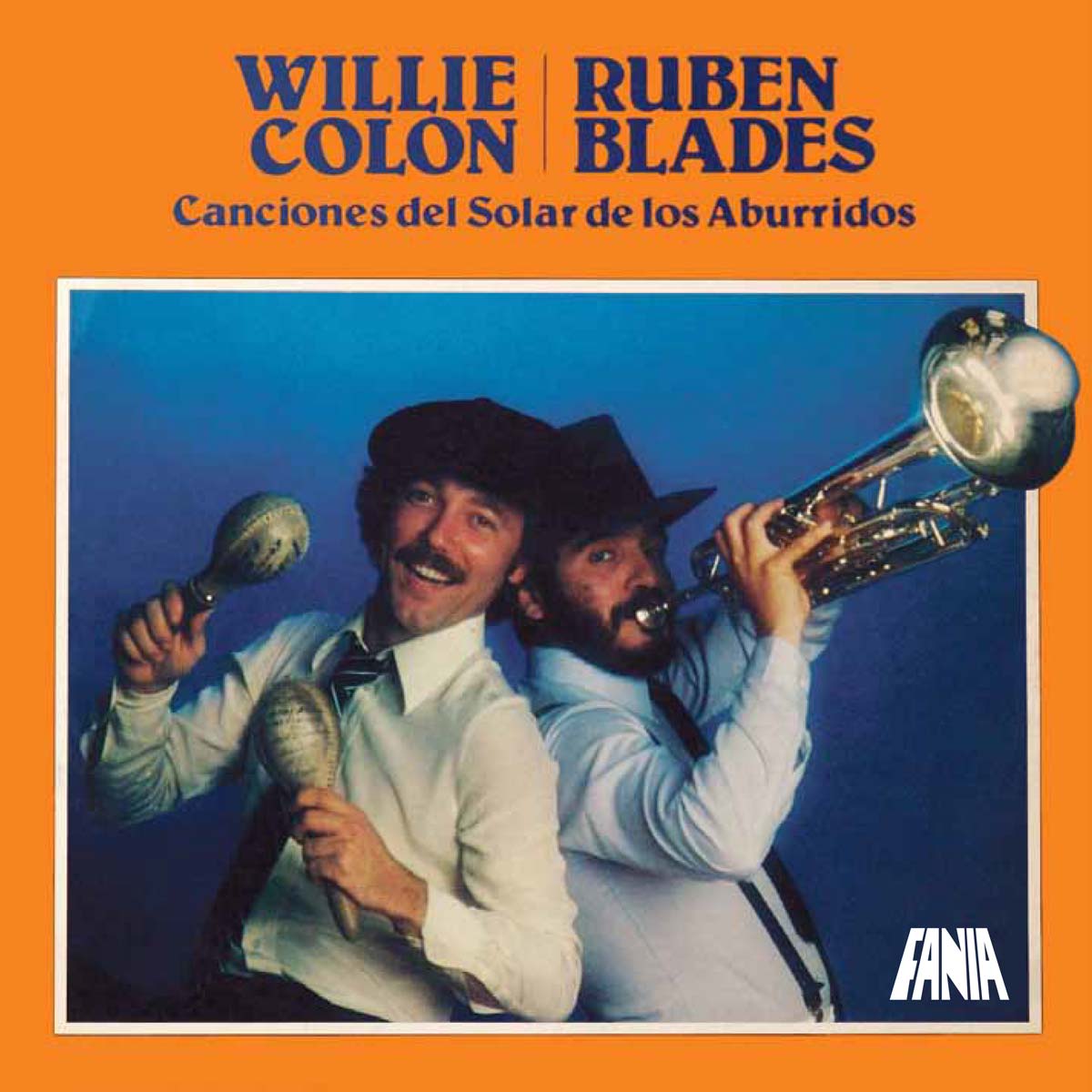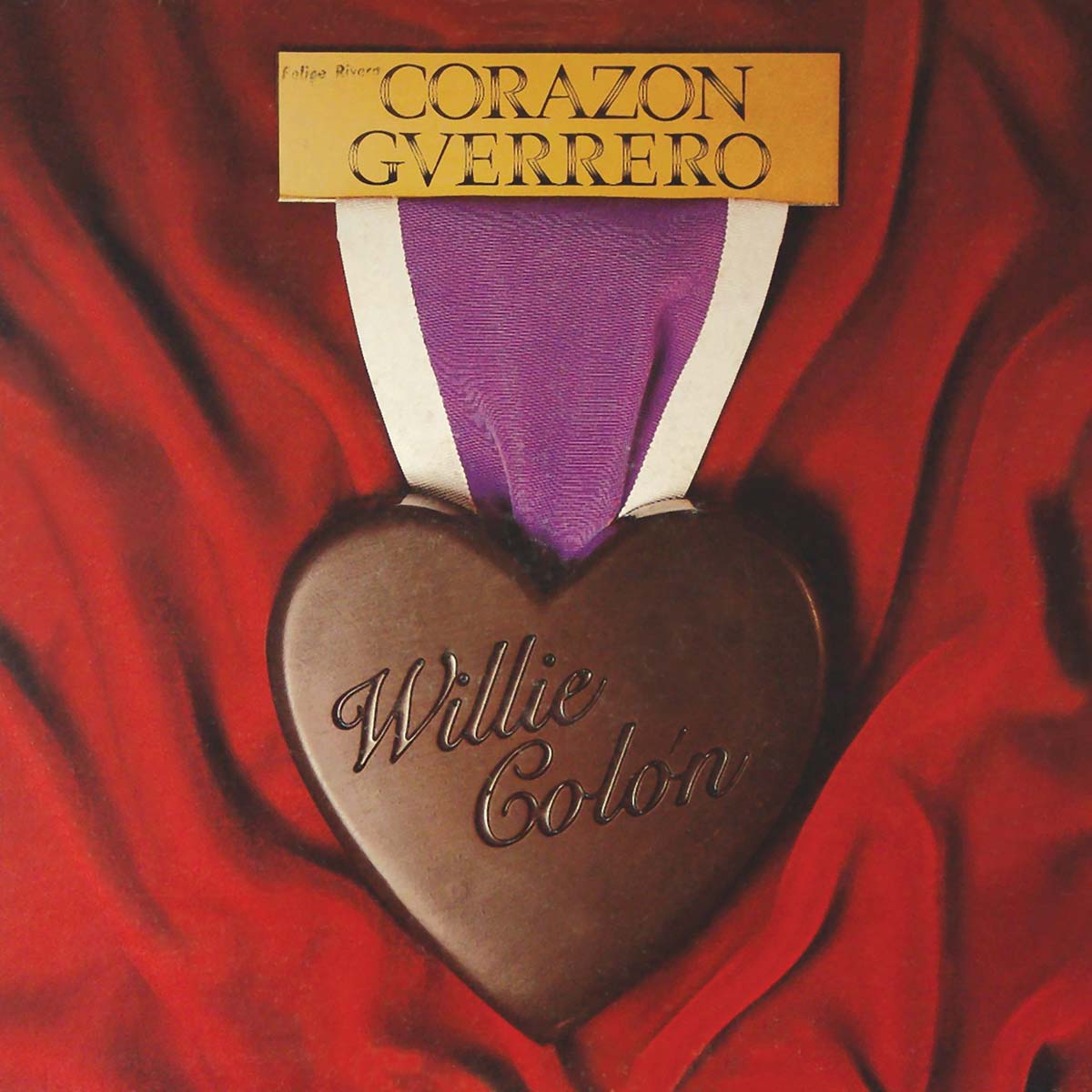
Willie Colon Corazón Guerrero The early 1980s were characterized by a musical evolution that ultimately culminated in the development of the phenomenon known as “Romantic Salsa.” Although this new movement was among many musicians, others remained focused on creating new musical styles to keep their followers interested and attract new fans on the Afro-Caribbean music scene. One of the musicians who opted to embark on a new, creative, and innovative musical path was Willie Colón. “El Malo,” who had never been afraid to march to the beat of a different drummer, began exploring a wide range of Afro-Caribbean rhythms against a backdrop that included Anglo-Saxon influences. The final product was “Corazón guerrero,” an album that should not be labeled salsa, but rather one of the first Latin Pop albums to emerge from the thousands of musical productions in the history of the most important label of the genre now known as Tropical: Fania Records.
On this album, Willie Colón doesn’t skimp on fine musicians, especially those on the trombone, percussion, and vocals. The result is a neo-soloist musical extravaganza that truly captures the musical energy of the innovator of the time. One of the best songs on the album is the ballad “El hijo y el papá.” Willie dedicated this beautiful composition to his then-recently-born son, Diego, whom you can hear babbling in the background between playful lyrics. It is a tender piece, one that shows a sensitive side to the beloved boricua musician. “Corazón guerrero” is the title track of the album, and one in which Colón breaks with tradition both in content and in form. The song centers on the dualities of human personality, with a self-reflective message that most definitely gives us food for thought. “Nadie es del todo bueno o del todo malo (Nobody is all good or all bad)” is the primary message of this song, which was penned by Mark Knopfler and is an example of the evolution of the musician’s conscience.
Carole King’s hit, “Will You Still Love Me Tomorrow?” takes another spin in a stylized version in Spanish, “¿Qué pasará mañana?” This is another clear example of the path Willie was following at that very moment, taking decisive steps in a musical direction that would not be followed by others in Latin music for another twenty years. “Suéltale el rabo al dragón (Unleash the Dragon)” is not a fairy tale, as suggested by its title, but rather a story told in musical transitions where the instrumentation speaks for itself. With a new rhythm, Colón paints a new, beautiful picture. In the number, Afro-Caribbean, Anglo-Saxon, and Brazilian rhythms all come together as one. Here, Willie has definitely “unleashed his musical dragon,” breaking with all the musical traditions he created during his long and successful career. “Casanova” is a more traditional number, both musically and lyrically, although the arrangement contains unique elements that bring Krief’s interpretation to a new level under the tutelage of Colón. The album ends with the songs “Amor barato,” by Chico Bourque, and “Dormido no,” by Jacques Brel. Both numbers showcase Colon’s newfound musical idiosynchrasies, while maintaining the rhythmical power that characterizes the production. “Corazón guerrero” is the perfect example of a musician in transition.
A musician looking to expand his musical abilities, who by his conviction and strength alone is unwilling to hesitate in the face of the unknown. This album is a portrait of an introspective musician yearning to show his public his innermost self, while exploring new paths in search of a new musical genre. It is the epitome of a brave musician who does not fear breaking the mold. Here, Willie Colón is pure Broadway, wrapped in Brazil, and naturally, sprinkled with Caribbean sugar. This is the Willie Colón of 1982: a man in the midst of a personal and musical transition, embarking on something entirely new. “Corazón guerrero” is a classic of the Afro-Caribbean musical tradition.
Musicians: Leopoldo Pineda Trombone Lewis Kahn Trombone Dan Reagan Trombone Sam Burtis Bass Trombone Sal Cuevas Bass José Torres Piano John Andrews Drums Milton Cardona Congas Mauricio Smith Sax/Flute John Purcell Sax/Flute on “Suéltale el rabo al dragón” Héctor Zarzuela Flugglehorn on “Amor Barato” Buddy Williams Drums on “Casanova,” “Dormido No,” and “¿Qué pasará mañana?” José Mangual Bongos on “Suéltale el rabo al dragón” Willie Colón Trombone solo on “Corazón Guerrero,” vocals Harold Kohon Strings Jorge Calandrelli Piano on “El hijo y el papá” Graciela Carriqui Chorus Doris Eugenio Chorus Deborah Resto Chorus Blanca Goodfriend Chorus on “Suéltale el rabo al dragón,” “Amor Barato,” and “¿Qué pasará mañana?” Cecilia Englehart Chorus on“Amor Barato” Gabriela Arnon Chorus on “Amor Barato” Diego Colón Child’s voice on “El hijo y el papá” Compositions, translations, and adaptations Willie Colón Producer Willie Colón Assistant Producer Leo Pineda, Sal Cuevas, Graciela Carriqui Musical Director Willie Colón Technical Director John Fausty Sound Engineer John Fausty Assistant Sound Engineer Kevin Zambrana Art Director Elliot Sachs Recorded At La Tierra Studios RCA Editor Jack Adelman Album Cover Concept Willie Colón Photography Ulf Skagbergh Design Christopher Liote Corazón guerrero Art Pamela Noftsinger
Written by Juan A. Moreno Velázquez


